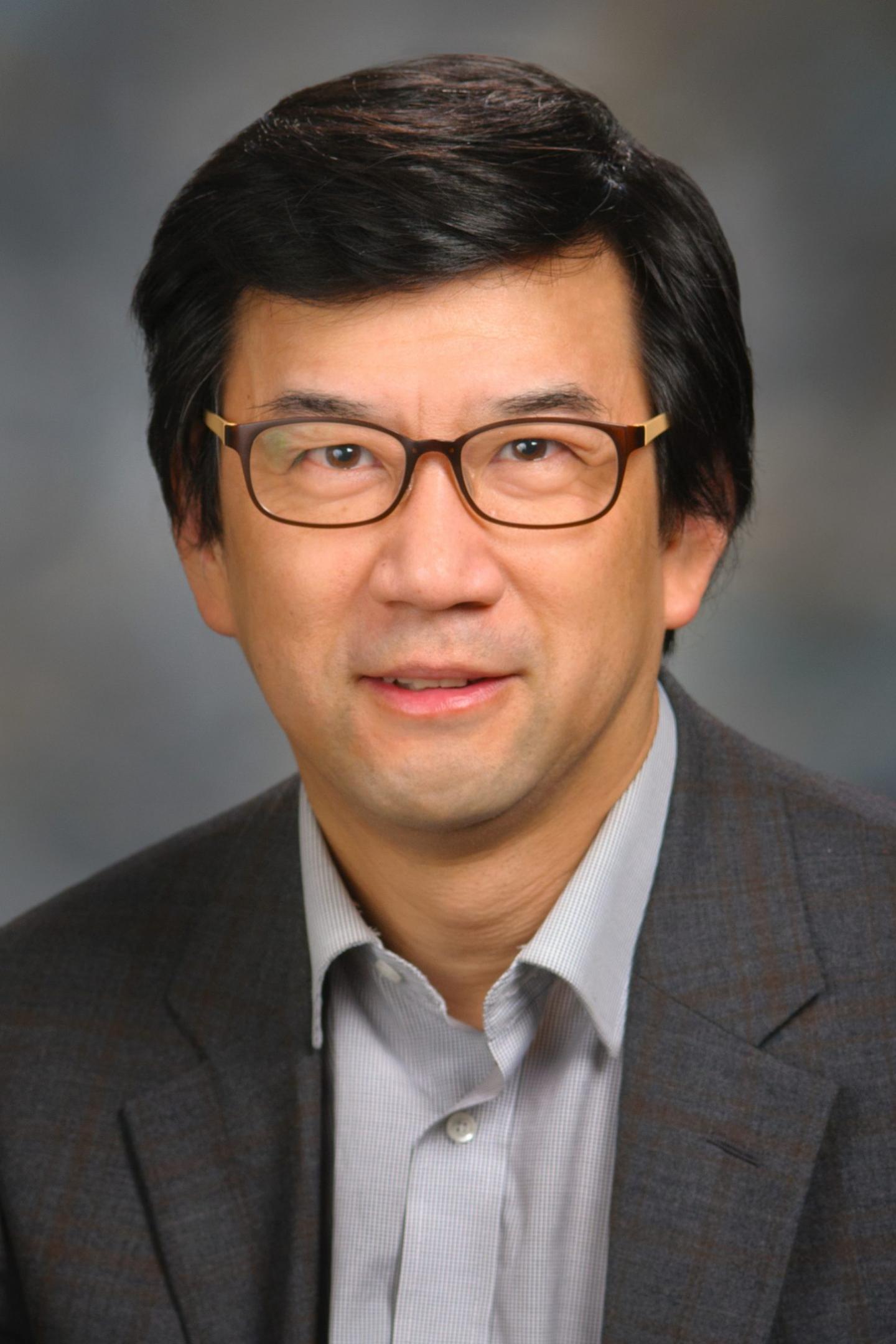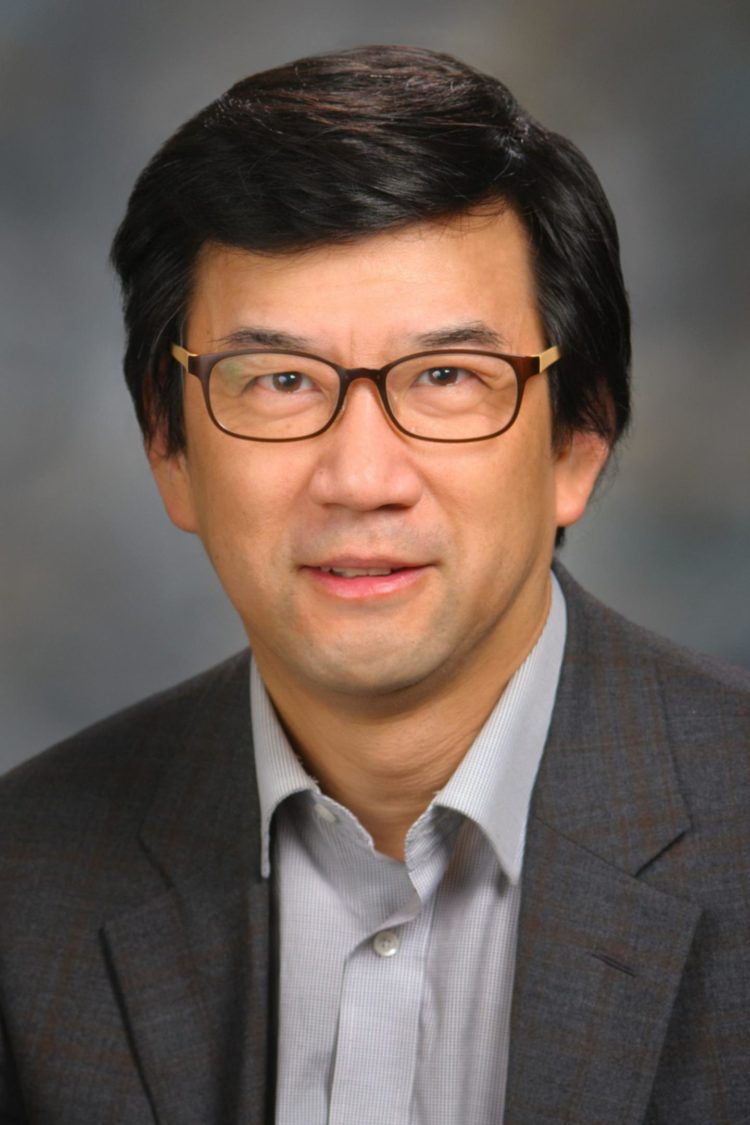Interleukin-21 plus panobinostat re-program effector cells to a more persistent type of T cell

Credit: The University of Texas MD Anderson Cancer Center
HOUSTON — Treating T cells harvested from a patient with a combination of an epigenetic drug and a cytokine while expanding the cells in the lab re-programs them into a stronger T cell type that persists longer than its comrades, researchers at The University of Texas MD Anderson Cancer Center report in Cancer Immunology Research, a journal of the American Association for Cancer Research.
The combination of panobinostat and interleukin-21 converts the less vigorously expanding effector T cells that attack cancer cells to a more proliferative and enduring central memory T cell type capable of self-renewal, the team found.
“Central memory T cells do almost all the things you want – they persist because they have high replicative and proliferative capacity, and they have inducible cell-killing capacity so what they see they kill very well,” says senior author Cassian Yee, M.D., professor of Melanoma Medical Oncology.
Lack of persistence is one major reason cellular therapies that involve harvesting, expanding, and in some instances, genetically modifying, a patient’s T cells before returning them to attack cancer fail, Yee says.
“Producing more central memory T cells in vitro can address this persistence challenge and increase the effectiveness of cellular therapies,” Yee notes. Clinical trials will be required to advance his team’s findings in human T cell lines. Both IL-21 and panobinostat are readily available for use.
Present cellular therapies include chimeric antigen receptor T cells – genetically modified to attack a specific target and used to treat B cell blood cancers – and tumor-infiltrating leukocytes harvested from tumors used to treat melanoma. Both techniques are in clinical trials to address other types of cancer. Yee and colleagues are developing another technique, endogenous T cells, which identifies and harvests tumor-attacking T cells in the blood. All three techniques rely on expanding the T cells in the lab before re-infusing them into patients.
Cellular therapies produce mainly effector CD8-positive T cells that are fully differentiated to attack cells bearing specific antigens. Yee, first author Junmei Wang, Ph.D., instructor in Melanoma Medical Oncology, and colleagues showed that the combination therapy re-programs these effector T cells into central memory cells.
Firing up T cell-stimulating CD28
Their research confirmed that IL-21 activates STAT3, a protein that then connects with the promoter region of the gene encoding the T cell stimulatory protein CD28, firing up CD28.
Their team found that in effector T cells, this process is blocked by histone proteins that intertwine with DNA to form chromatin. This “closed” chromatin status covers the promoter regions on CD28 that STAT hits to activate it.
Acetyl groups that connect to histone proteins cause a more “open” status for gene transcription. Drugs called histone deacetylase (HDAC) inhibitors protect the acetyl group connection and allow transcription factors to connect with genes’ promoter regions to activate them.
The team treated human T cell lines with the HDAC inhibitor vorinostat and IL-21. With vorinostat relaxing the chromatin, IL-21-generated STAT3 activated CD28, resulting in expansion of T cells bearing the markers for central memory T cells. The main markers are CD28 and CD62L expression.
A second round of experiments using the HDAC inhibitor panobinostat, which is less toxic to T cells than vorinostat, produced even stronger central memory T cell expansion. The combination was given at the start of T cell expansion procedures.
To further confirm the central memory properties of treated cells, the team assessed expression of genes involved in differentiating T cells and found expression of central-memory differentiating genes to be highly expressed on the identified central memory cells generated by the combination.
A patent application has been filed based on this research, which is being managed in accordance with MD Anderson’s conflict-of-interest policies
###
Co-authors with Yee and Wang are: Farah Hasan, Jungsun Park, Ph.D., Ke Pan, Ph.D., Cara Haymaker, Ph.D., and Chantale Bernatchez, Ph.D., of Melanoma Medical Oncology; Haiyan Li, Ph.D., and Stephanie Watowich, Ph.D., of Immunology; Amanda Frey, Ph.D., University of Washington; and Dean Lee, M.D., Ph.D., Nationwide Children’s Hospital, Columbus, Ohio. Hasan is a graduate student in the MD Anderson/UTHealth Graduate School of Biomedical Sciences.
This research was supported by the Parker Institute for Cancer Immunotherapy, Stand Up To Cancer-Cancer Research Institute Dream Team and a grant from the National Institute of Allergy and Infectious Diseases (RO1AI109294).
About MD Anderson
The University of Texas MD Anderson Cancer Center in Houston ranks as one of the world’s most respected centers focused on cancer patient care, research, education and prevention. The institution’s sole mission is to end cancer for patients and their families around the world. MD Anderson is one of only 49 comprehensive cancer centers designated by the National Cancer Institute (NCI). MD Anderson is ranked No.1 for cancer care in U.S. News & World Report’s “Best Hospitals” survey. It has ranked as one of the nation’s top two hospitals for cancer care since the survey began in 1990, and has ranked first 14 times in the last 17 years. MD Anderson receives a cancer center support grant from the NCI of the National Institutes of Health (P30 CA016672).
Follow MDAnderson News on Twitter
Media Contact
Scott Merville
[email protected]
713-516-4855
Related Journal Article
http://dx.





